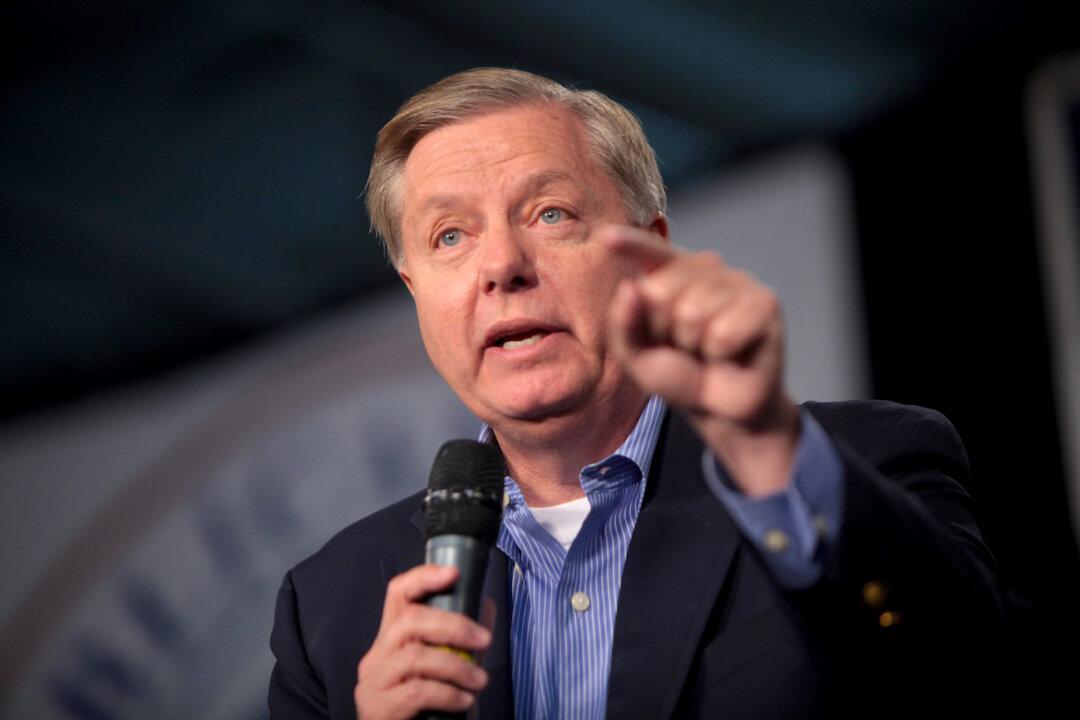Senate Judiciary Committee Chairman Lindsey Graham (R-S.C.) told reporters on Aug. 23 that he believes the FBI sought to give former presidential candidate Hillary Clinton an advantage over then-candidate Donald Trump before it could pursue a FISA warrant against individuals who were working for Trump.
“The FBI did the right thing by briefing Clinton and failed to do the right thing by never specifically briefing President Trump about their concerns,” Graham said in an Aug. 23 statement. He noted that the federal law enforcement agency declassified documents in recent days that demonstrated a “clear double standard” to benefit Clinton and harm Trump.





